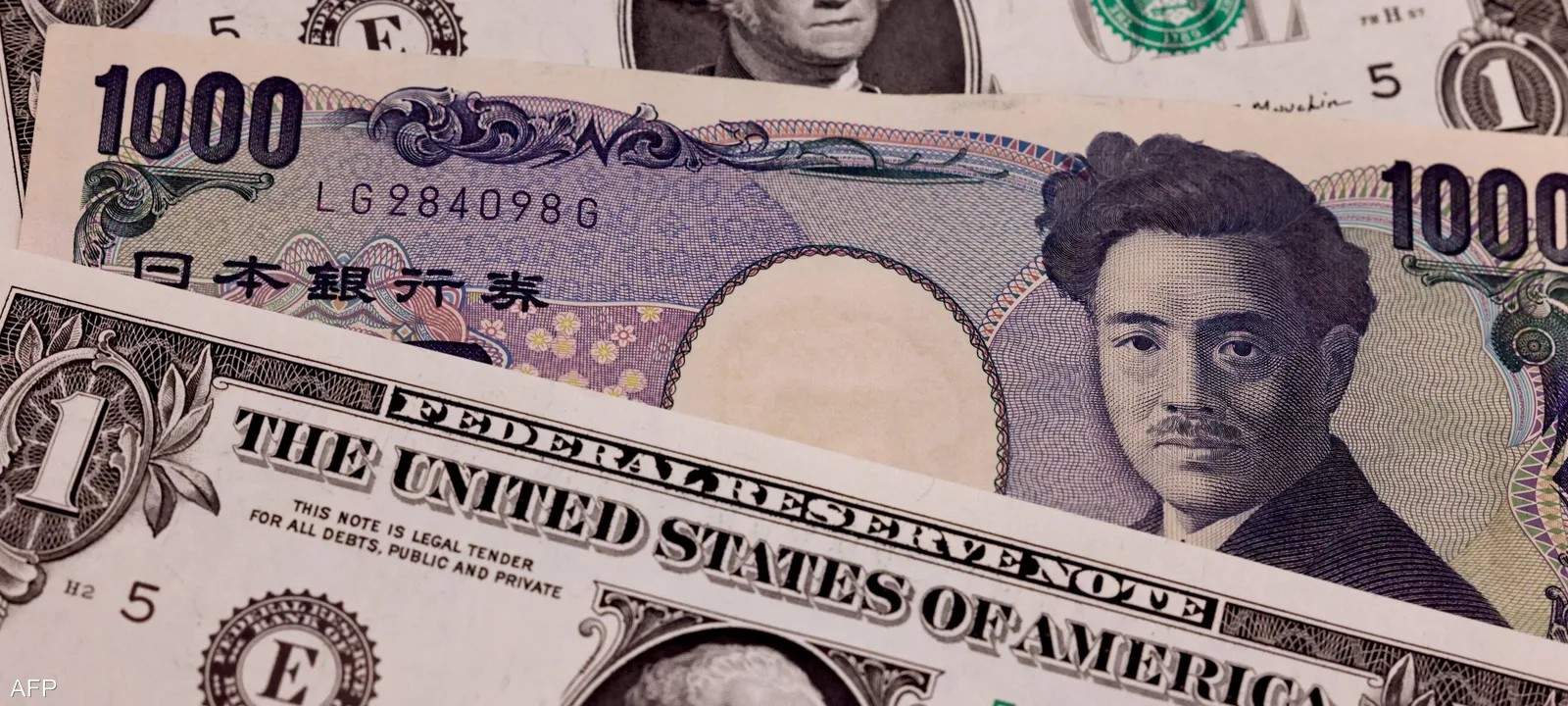The Japanese yen rose in the Asian market on Monday to a two-week high against the US dollar, moving away from a three-month low, with buying increasing from low levels, coinciding with growing doubts about Donald Trump’s victory in the US presidential election scheduled for tomorrow, Tuesday, in light of Kamala Harris’ lead in recent opinion polls in some swing states.
Economically, the chances of Japan raising interest rates for the third time this year in December remain slim, while the US Federal Reserve is preparing to cut rates by at least 25 basis points at its meeting this week.
Price overview
Japanese Yen Exchange Rate Today: The dollar fell against the yen by 0.9% to reach (151.59¥), the lowest since October 25, after closing trading on Friday at (152.92¥), and reached its highest level on Monday at (152.55¥).
The Japanese yen lost 0.6% against the US dollar on Friday, resuming losses that had been halted the previous day as it tried to recover from a three-month low of 153.88 yen per dollar.
The yen also posted a weekly decline of 0.45% against the dollar last week, its fifth consecutive weekly decline, as a result of renewed concerns about a widening long-term yield gap between Japan and the United States.
US Elections
Recent polls have shown a slight lead for Democratic candidate Kamala Harris in some swing states, which has negatively affected the bullish expectations for the US dollar linked to the possibility of a victory for Republican candidate Donald Trump.
Although the race remains tight, uncertainty over the ultimate winner has increased the risk of market volatility as voting begins.
Harris has been leading in the polls since last week, with the Selzer poll showing a lead in Iowa that is used as a proxy for performance in the battleground states, JPMorgan (NYSE:JPM) analysts said in a note.
Betting platform Predict It showed Harris at 54 cents to Trump's 52 cents, reflecting investors' preference to bet on her chances of winning, compared with 42 cents for Harris and 61 cents for Trump a week ago.
“Overall, a Trump win is positive for the US dollar, but some believe that possibility has already been factored in,” said Chris Weston of Pepperstone Brokerage.
A Trump presidency with full control of Congress could lead to a massive sell-off in Treasury bonds, sending the US dollar soaring, Weston added.
A Harris win and a divided Congress would likely push the US dollar lower, along with gold, bitcoin and US stocks, Weston explained.
Japanese interest
In line with expectations, the Bank of Japan decided last week not to make any changes to its current monetary policy tools, keeping interest rates unchanged at a range of 0.25%, the highest since 2008, for the second consecutive meeting.
In an update to its monetary policy statement, the Bank of Japan expected inflation to hover around its 2% target in the coming years, stressing its intention to continue raising borrowing costs if the economy continues its moderate recovery.
Bank of Japan Governor Kazuo Ueda said the central bank will continue to adjust the degree of monetary easing by adjusting interest rates to meet economic and price expectations.
We can raise interest rates when we become more confident that our forecasts will be met, but that doesn't mean we make decisions based on that alone, Ueda added.
The chances of raising Japanese interest rates for the third time this year in December are still weak, awaiting more inflation and wage data in Japan during the coming period.
US interest
According to CME Group's FedWatch tool, the odds of a 25bp cut in US interest rates this week are priced in at 99%, while the odds of a 50bp cut are 1%.
The Federal Reserve meets on Wednesday and Thursday this week to consider the appropriate monetary policy for developments in the world's largest economy.






































